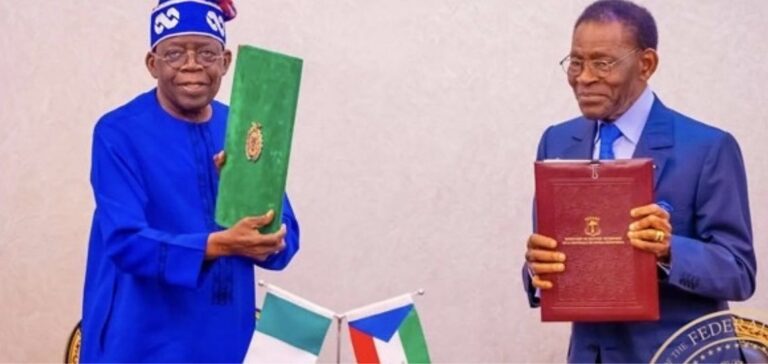Nigeria, West Africa’s largest economy, and Equatorial Guinea, a key player in the energy sector, have signed a strategic partnership agreement for the construction of a major gas pipeline.
This agreement, the fruit of several years of negotiations, aims to establish an essential energy infrastructure for Africa, while opening up export prospects to Europe.
The project is a response to the continent’s growing energy challenges, and a cornerstone for regional integration.
With a capacity of 30 billion cubic meters per year, the pipeline will be deployed in several phases, each adding a new extension to the existing network.
The pipeline is part of a broader strategy to diversify gas supply routes, a priority for the Economic Community of West African States (ECOWAS), which fully supports this initiative.
A strategic challenge for energy security
Energy security is at the heart of this project.
By linking Nigeria’s abundant resources to Equatorial Guinea’s infrastructure, the pipeline will stabilize energy supplies for several African countries, while strengthening their energy independence. The project also aims to position the African continent as a reliable gas supplier on the international stage, particularly to Europe, which is seeking to diversify its energy sources.
The President of Equatorial Guinea, Teodoro Obiang Nguema Mbasogo, stressed the importance of this agreement for the continent’s economic development.
In his view, this project could play a decisive role in Africa’s access to a permanent seat on the United Nations Security Council, by strengthening its strategic weight in the energy field.
Technical and financial challenges
Although promising, the construction of this gas pipeline is not without its challenges.
The management of technical aspects, such as the pipeline route through politically unstable regions, will require close coordination between all stakeholders.
In addition, financial constraints, such as fluctuating material costs and construction risks, will need to be carefully managed to ensure the project’s success.
The involvement of ECOWAS is an asset, as it provides a robust institutional framework to support the implementation of this project.
However, cooperation between the various players will be crucial to overcoming these challenges and ensuring that the project is completed on time and on budget.






















